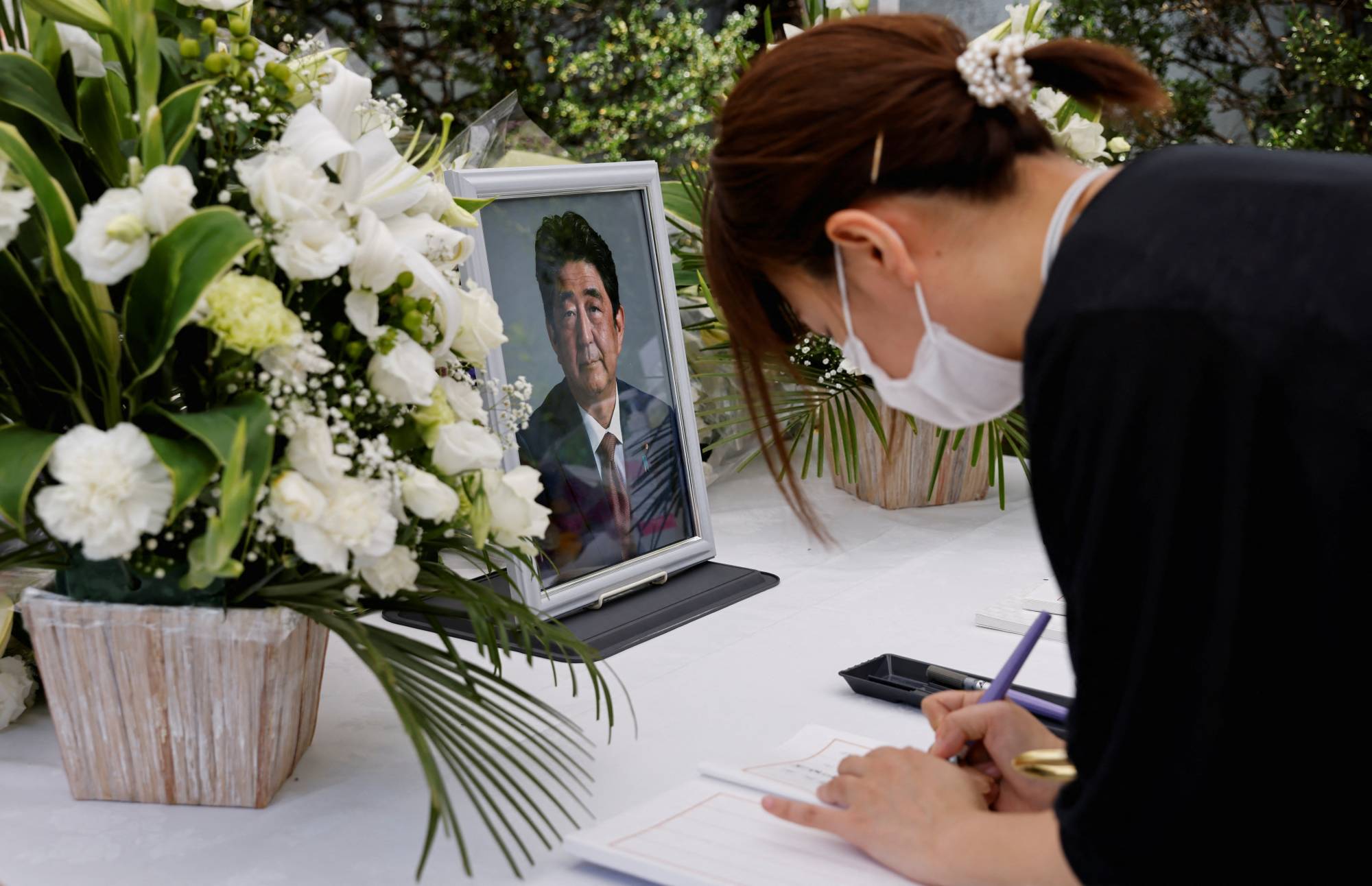The Family Federation for World Peace and Unification, widely known as the Unification Church, said the mother of the suspect in the assassination of former Prime Minister Shinzo Abe is a member of the religious group, but denied claims that it had forced her to make large donations that eventually led her into bankruptcy.
The suspect, Tetsuya Yamagami, 41, reportedly harbored a grudge against Abe over what he believed were the lawmaker’s ties to the group. Yamagami had come to believe "unreliable" information found on the internet that Abe’s grandfather, former Prime Minister Nobusuke Kishi, had helped bring the group into Japan, Kyodo News reported, citing investigative sources, and had focused his hostility on Abe.
Local media have quoted authorities as saying that the attack, which took place in broad daylight near a train station in the city of Nara and sent shock waves across Japan and the globe, had long been planned by Yamagami.



















With your current subscription plan you can comment on stories. However, before writing your first comment, please create a display name in the Profile section of your subscriber account page.